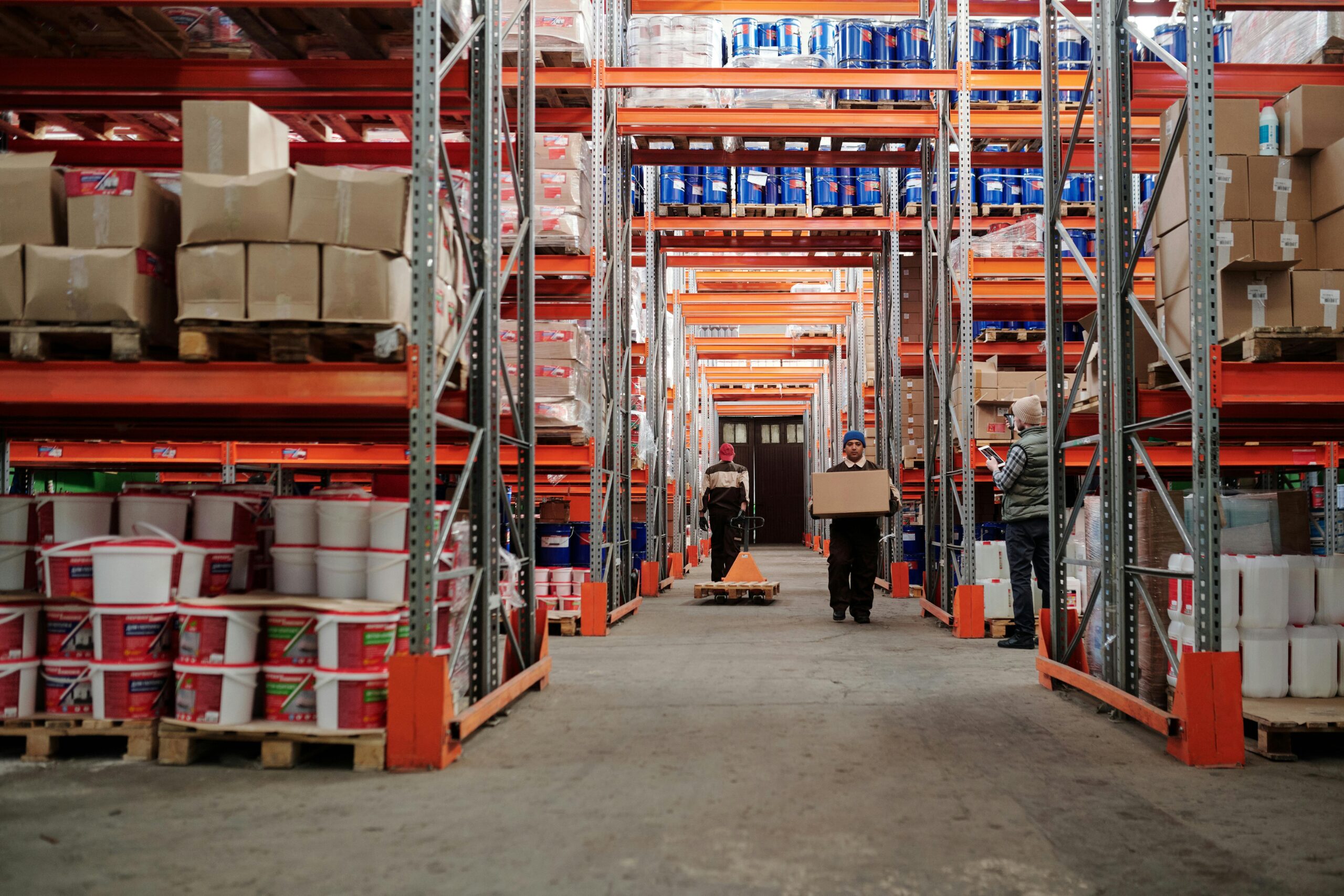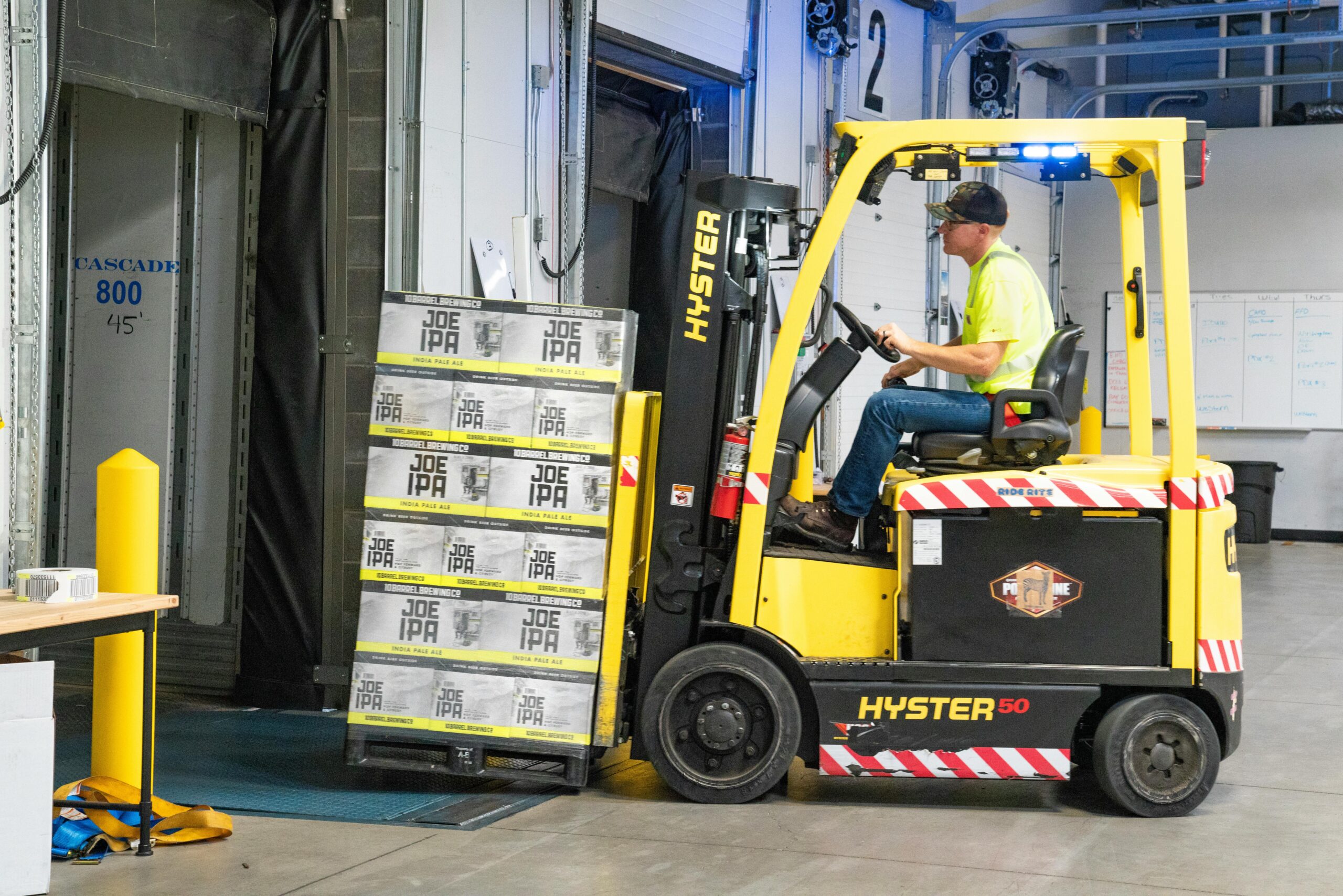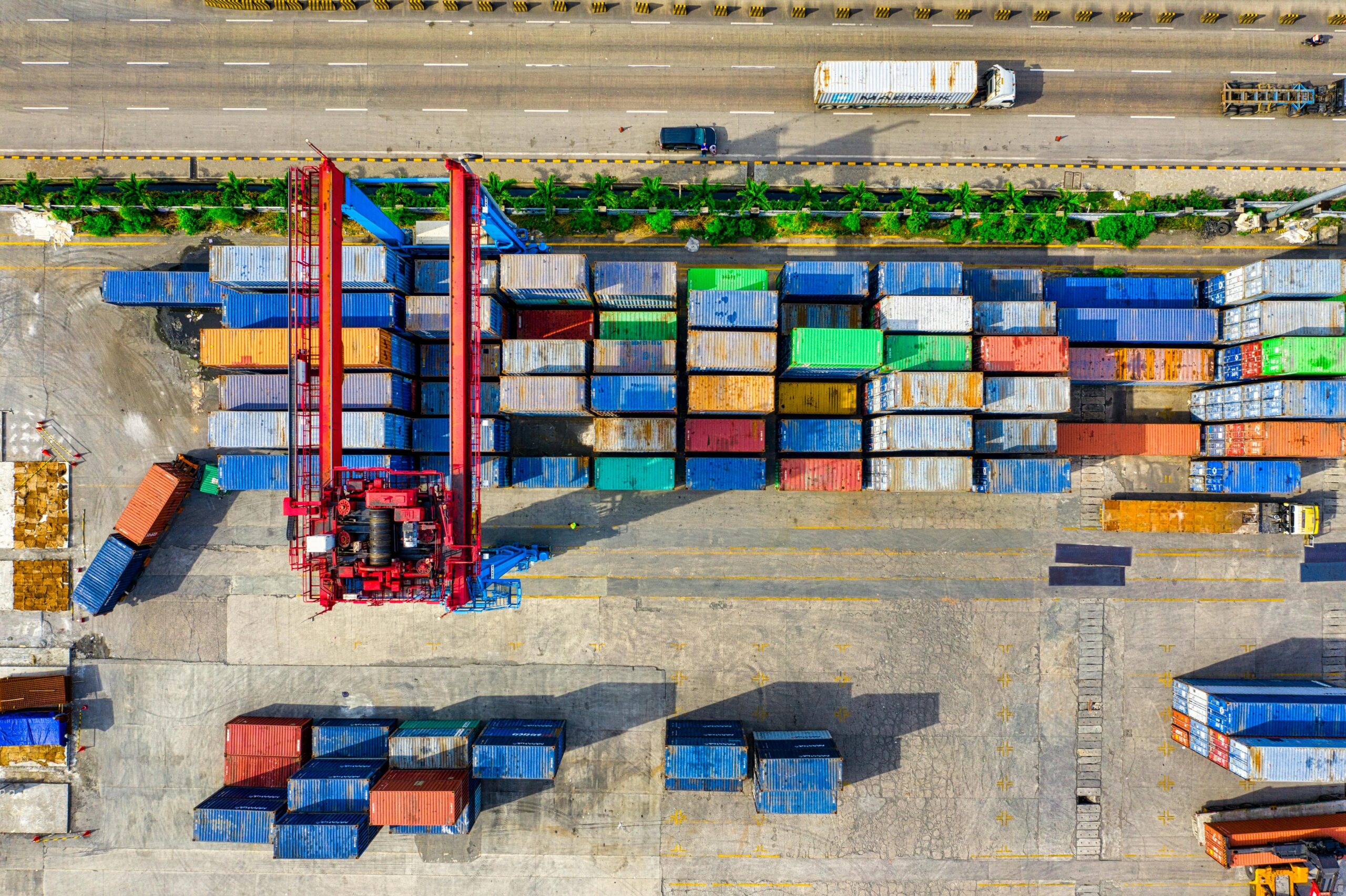The integration of artificial intelligence (AI) in supply chain management is fundamentally reshaping how businesses operate and adapt to ever-changing market demands. By utilizing advanced machine learning, predictive analytics, and automation, companies are unlocking new levels of efficiency, reducing operational costs, and gaining unprecedented insights for decision-making. AI solutions are not only streamlining processes like demand forecasting and inventory optimization but are also enabling real-time logistics management, improving supplier relationships, and fostering sustainability initiatives. These technologies are addressing longstanding challenges such as supply chain visibility, risk mitigation, and resource allocation, making operations more resilient and responsive. This article delves into a diverse range of AI use cases, shedding light on their transformative impact and the strategies they enable for modern, competitive supply chain management.
1. Enhancing Demand Forecasting
Artificial intelligence has revolutionized demand forecasting by enabling companies to analyze vast amounts of historical and real-time data. Machine learning models process market trends, seasonal variations, and consumer behavior to generate highly accurate predictions. These forecasts empower supply chain managers to align production schedules, procurement plans, and inventory levels with anticipated demand, reducing inefficiencies and costs. AI-driven demand forecasting systems adapt continuously, learning from new data to refine their accuracy over time.
The benefits extend beyond traditional forecasting methods by incorporating external factors such as economic indicators, weather patterns, and geopolitical events. This ensures businesses remain agile and prepared for sudden changes in market conditions. By avoiding overproduction or stockouts, companies can optimize resources, maintain customer satisfaction, and minimize waste, driving overall supply chain resilience.

2. Streamlining Warehouse Automation
AI-powered automation systems are transforming warehouse operations by introducing robotics and machine learning to handle repetitive tasks with precision and speed. Automated systems can efficiently manage tasks like picking, packing, and sorting, reducing reliance on manual labor and lowering operational costs. These technologies not only enhance efficiency but also improve accuracy, ensuring inventory is processed and tracked without errors.
The integration of robotics and AI also improves safety by reducing physical strain on workers and minimizing the risk of workplace accidents. Furthermore, real-time data from automated systems enables dynamic decision-making, allowing businesses to adapt to demand fluctuations seamlessly. With these capabilities, warehouse automation enhances supply chain agility and supports scalable growth.

3. Optimizing Transportation and Routes
AI has significantly impacted transportation management by optimizing routes and delivery schedules. Using machine learning and advanced analytics, supply chain systems can calculate the most efficient routes based on traffic patterns, fuel consumption, and delivery windows. This optimization reduces transit times, lowers fuel costs, and decreases environmental impact through fewer emissions.
By predicting potential disruptions such as weather delays or road closures, AI-powered systems allow logistics teams to reroute shipments proactively, ensuring timely deliveries. These advancements enhance the reliability of supply chains while maintaining cost efficiency, making transportation optimization a cornerstone of modern supply chain strategies.

4. Improving Supplier Management
Supplier selection and performance management are critical components of a resilient supply chain. AI-driven systems analyze supplier reliability, compliance, and risk factors, helping businesses make informed procurement decisions. These tools also monitor supplier performance over time, providing insights into areas like delivery punctuality, quality standards, and pricing consistency.
AI further simplifies the procurement process by automating tasks such as bid evaluations and contract reviews. By analyzing historical data and market trends, AI can recommend cost-effective sourcing strategies while mitigating risks associated with single-source dependencies or geopolitical instability. This ensures a stable and efficient supply chain network capable of adapting to unforeseen challenges.

5. Predictive Maintenance for Equipment
Predictive maintenance leverages AI and IoT technologies to monitor equipment performance and anticipate failures before they occur. Sensors embedded in machinery collect real-time data on factors such as temperature, vibration, and wear-and-tear, which is then analyzed by machine learning algorithms. These systems identify patterns that indicate potential breakdowns, allowing maintenance teams to address issues proactively.
This approach reduces unplanned downtime, extends the operational life of equipment, and lowers maintenance costs. By scheduling repairs during planned downtime, companies can minimize disruptions to production schedules. Predictive maintenance also contributes to workplace safety by addressing hazardous conditions before they escalate, ensuring smooth and efficient supply chain operations.

6. Enhancing Supply Chain Visibility
Artificial intelligence enhances supply chain visibility by integrating data from multiple sources, such as IoT sensors, transportation networks, and weather forecasts. AI-powered platforms consolidate and analyze this information to provide real-time insights into shipment locations, delivery statuses, and potential disruptions. This transparency helps businesses track their products at every stage, ensuring greater operational control and predictability.
With improved visibility, companies can proactively address delays, reroute shipments, and communicate effectively with customers. AI-driven insights also enable more accurate planning, reducing bottlenecks and optimizing inventory flows. This ensures that goods are delivered on time, enhancing customer satisfaction while minimizing costs and risks associated with supply chain disruptions.

7. Inventory Optimization
AI has transformed inventory management by providing dynamic, data-driven solutions for optimizing stock levels. Machine learning algorithms analyze sales trends, seasonality, and lead times to predict inventory needs, ensuring that businesses maintain the right balance of stock across their supply chain. This reduces carrying costs, prevents stockouts, and minimizes excess inventory.
AI-powered systems can also identify underperforming products and suggest redistribution or markdown strategies to clear surplus stock. These solutions enable businesses to respond to changes in demand efficiently, avoiding waste and improving cash flow. By automating inventory optimization, companies can allocate resources more effectively, ensuring they meet customer expectations while maintaining cost efficiency.
8. Addressing Supply Chain Risks
Managing risks is critical to maintaining a resilient supply chain, and AI plays a key role in this area. Advanced analytics and machine learning models can identify potential risks such as geopolitical instability, natural disasters, or supplier disruptions by analyzing data from diverse sources. These systems provide early warnings and actionable insights, enabling businesses to prepare contingency plans and mitigate the impact of such events.
AI-driven risk management also enhances decision-making by modeling various scenarios and recommending strategies to minimize losses. This proactive approach reduces downtime and financial exposure while fostering supply chain agility. By continuously monitoring the global environment, AI ensures that businesses stay prepared for evolving risks.

9. Automating Customs Compliance
Customs clearance processes can be time-consuming and error-prone, but AI simplifies these tasks through automation and natural language processing. By digitizing and analyzing shipping documents, AI systems ensure compliance with customs regulations and reduce the likelihood of errors. Automated processes accelerate cross-border shipments and minimize delays caused by manual paperwork.
These solutions also provide insights into tariff classifications, duty calculations, and trade agreements, helping businesses optimize their shipping strategies. AI-powered customs management not only improves operational efficiency but also enhances global trade compliance, ensuring smooth and cost-effective international transactions.
10. Enhancing Product Quality Control
AI-based quality control systems leverage computer vision and machine learning to detect defects in products during manufacturing and distribution. These systems analyze images and sensor data to identify anomalies, ensuring consistent product quality without the need for manual inspections. Automated inspections reduce errors, improve efficiency, and minimize costs associated with defective products.
Additionally, AI enables continuous quality monitoring by analyzing production data in real-time. This allows businesses to address issues promptly, preventing defective items from reaching customers. By enhancing product quality control, AI strengthens brand reputation and reduces costs linked to product recalls or returns.

11. Load Optimization for Transportation
AI enhances transportation efficiency by optimizing load planning and resource utilization. Using machine learning algorithms, businesses can analyze shipment data, cargo dimensions, and carrier capacities to maximize the use of available space. This minimizes empty miles, reduces transportation costs, and decreases fuel consumption.
Load optimization also streamlines logistics operations by aligning shipments with preferred carriers and delivery timelines. AI can adapt to real-time changes, such as delays or unexpected demand, by recalibrating loads dynamically. This level of precision not only improves operational efficiency but also supports sustainability goals by reducing the environmental impact of transportation activities.
12. Predicting Production Bottlenecks
AI helps manufacturers predict and address potential production bottlenecks by analyzing supply chain data and external variables. Machine learning models monitor factors like raw material availability, machine performance, and workforce capacity to identify vulnerabilities in production workflows. This proactive approach ensures uninterrupted operations and reduces delays in meeting customer demands.
By integrating predictive insights into production planning, businesses can optimize schedules and resource allocation. AI also considers external disruptions, such as weather events or supplier delays, to adjust operations accordingly. These capabilities ensure smoother production processes, greater output consistency, and improved supply chain efficiency.

13. Managing Reverse Logistics
AI simplifies the complexities of reverse logistics, including product returns, repairs, and recycling. By analyzing return patterns and customer data, machine learning algorithms can identify the root causes of returns and recommend changes to product design, packaging, or shipping methods to reduce return rates. Additionally, AI-powered systems streamline the return process, matching returned items with the most efficient resolution options, such as restocking, refurbishment, or recycling.
Reverse logistics solutions also optimize transportation routes for returned goods, reducing costs and environmental impact. By improving the efficiency of handling returns, businesses can enhance customer satisfaction while minimizing losses associated with unsellable inventory.
14. Enhancing Last-Mile Delivery
Last-mile delivery is one of the most challenging aspects of supply chain management, but AI provides solutions to improve its efficiency. Machine learning models analyze data such as traffic patterns, weather conditions, and delivery schedules to optimize routes and reduce delivery times. These systems can dynamically adapt to real-time changes, ensuring that drivers take the most efficient paths to complete deliveries.
AI also supports innovations like smart lockers and drone deliveries, providing flexible delivery options for customers. By streamlining last-mile delivery, businesses can reduce costs, improve customer satisfaction, and address the logistical challenges of urban environments.

15. Automating Vendor Negotiations
AI-powered negotiation tools streamline vendor management by analyzing market trends, historical pricing data, and supplier performance. These systems enable businesses to automate complex tendering processes, ensuring fair pricing and favorable terms. By removing the need for manual negotiations, companies can save time and focus on strategic decision-making.
These tools also support long-term supplier relationships by providing actionable insights into contract renewal opportunities and vendor reliability. AI’s ability to analyze vast amounts of data ensures that procurement teams make informed decisions, fostering efficiency and cost savings across the supply chain.

16. Supporting Sustainability Initiatives
AI plays a critical role in promoting sustainability within supply chains by analyzing and optimizing environmental impact data. Machine learning algorithms can measure carbon emissions, track energy consumption, and recommend eco-friendly practices across logistics, manufacturing, and transportation processes. These insights help companies meet regulatory requirements and achieve sustainability goals.
Additionally, AI facilitates more efficient resource use, such as optimizing energy consumption during production or reducing waste through better inventory management. By integrating sustainability into supply chain operations, businesses not only reduce their environmental footprint but also enhance their reputation as socially responsible organizations.
Conclusion
The integration of AI into supply chain management has redefined how businesses handle challenges, turning complex tasks into streamlined processes. From enhancing demand forecasting to optimizing last-mile delivery, AI-driven solutions have enabled companies to make data-informed decisions, improve operational efficiency, and reduce costs. These tools have also provided greater visibility across supply chain networks, ensuring better risk management and more reliable service delivery. Each use case highlights how AI addresses specific pain points, helping businesses achieve resilience and adaptability in a fast-changing global environment.
As AI technology evolves, its role in supply chain management will continue to grow, offering solutions for even more intricate challenges, such as predictive maintenance and sustainability initiatives. The future of supply chains lies in a harmonious integration of human expertise and AI capabilities. While AI excels at processing and analyzing large datasets, human oversight ensures strategic alignment and ethical considerations are met. Companies that invest in AI not only enhance their current operations but also future-proof their supply chains, positioning themselves for long-term success in a competitive marketplace. By focusing on responsible AI adoption, businesses can unlock unparalleled potential, driving innovation while maintaining trust and reliability in their operations.
